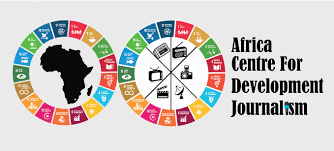Girl Rising mobilises community influencers on girl-child education

Girl Rising ENGAGE, a global campaign for girl-child education utilizing the power of storytelling to promote girl-child education, has trained community influencers including school teachers and university students in Kano, northwestern Nigeria, on how to mobilize and influence members of their communities to send their daughters to school.
“We are working with the agency for mass education in Kano to train school teachers and university students on the inherent challenges to girl-child education in our communities and how to overcome these challenges to encourage more people to send their daughters to school,” said Maryam Tafida, country manager, Girl Rising Nigeria.
“We are using the video stories of girls who have successfully battled barriers to get educated here in Nigeria and from across the world to showcase the challenges these girls surmounted hoping that they [the trainees] are going to use the stories to influence and encourage people in their communities to send more girls to school.”
Speaking to African Newspage at the event, Yardada Maikano Bichi, the executive secretary of the Kano State Agency for Mass Education said the idea for the training was to mobilise communities across Kano state to fully understand the benefits of giving the girl-child the opportunity to be educated so they could also contribute meaningfully to societal development.
“We were trained on how to take the lead in encouraging community members to ensure girls are adequately educated. The training has also opened my eyes to things that discourage people from sending their daughters to school as well as reasons why some people are opposed to girls being well-educated,” said one of the trainees, Mohammed Lawan, a PhD candidate at the Department of Adult Education and Community Development, Bayero University, Kano.
Girl Rising ENGAGE (Empowering Next Generations to Advance Girls’ Education) is an innovative campaign aimed at changing attitudes and behaviors of people towards getting more girls into classrooms in India, Democratic Republic of Congo, DRC, and Nigeria.













